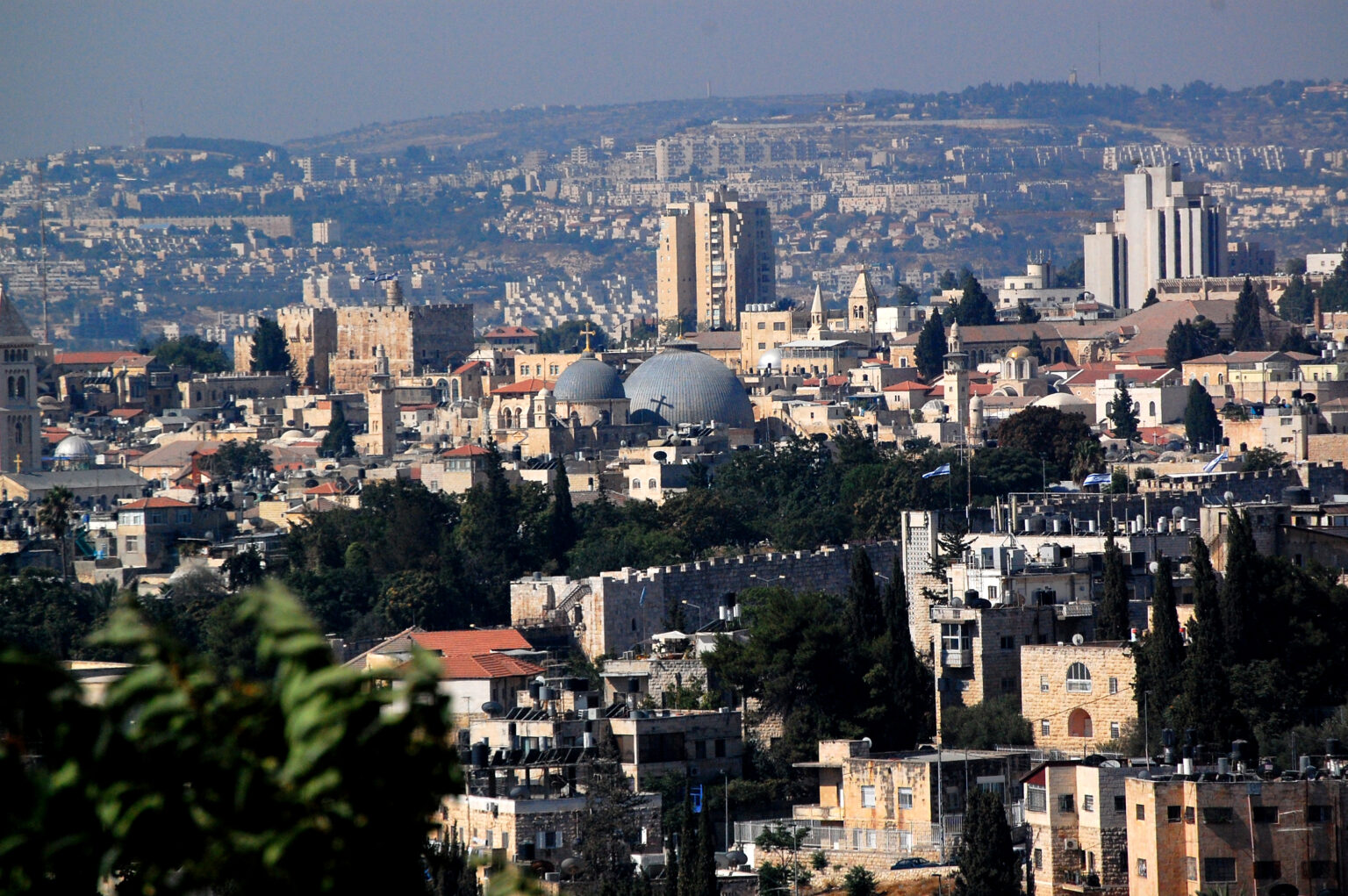Bishop’s Statement on Israel and Palestine

As we observe the distressing conflict in Israel and Palestine, we see continued violence across this sacred region. The recent escalation has resulted in tragic losses—lives cut short, families shattered, and communities plunged into despair. It is a poignant reminder of the gift of peace and the enduring pain of enmity.
As followers of Christ, we are called to be peacemakers, embracing that which seeks to transcend boundaries, heal divisions, and embody the love of God in every action and word. The Gospel of Matthew guides us toward a path of peace, “Blessed are the peacemakers, for they will be called children of God.” This beatitude is not merely a call to passive existence but an active charge to engage with the world, courageously and lovingly, to forge reconciliation out of strife.
In condemning the violence that has erupted on both sides since the terrorist attacks of last October 7, we must also affirm our commitment to justice and equity. Many innocent lives on both sides of the conflict have been lost, a cycle of violence and despair that must stop. The Episcopal Church, like many other faith communities, has long advocated for a peaceful two-state solution that recognizes the dignity of all of the people living in the region. This stance is rooted in the belief that peace is not merely the absence of conflict but the presence of justice and mutual respect. God’s peace, shalom, encompasses well-being and abundance of life for all. While the current cycle of retribution and killing continues, shalom cannot prosper.
It is imperative that we support the principles of free speech while condemning violence. College campuses have long served as bastions of free expression, where young people are encouraged to explore diverse ideas and engage in meaningful dialogue. It is crucial that these institutions remain places where students can safely express their views and advocate for causes they believe in without fear of intimidation or violence.
At the same time, it is equally important to foster a culture of respect and understanding among students with differing viewpoints, especially on deeply divisive issues such as the conflict in Israel and Palestine. Supporting a ‘middle way’ toward peace means advocating for dialogue over confrontation and seeking common ground where possible, and protecting the rights and the safety of all. This enriches the educational experience and mirrors our larger societal need for sustainable peace and mutual respect.
In November 2023, Archbishop Hosam Naoum, the Primate of the Anglican Province of Jerusalem and the Middle East, said, “Here in the Holy Land, we need the language of peace and reconciliation more than ever.”
This conflict raises painful memories of the long history of suffering that has often marked Jewish, Muslim, and Christian relations. It is a stark reminder of our shared vulnerability and our common humanity. We must stay vigilant in not allowing grief to turn into vengeance or sorrow into hatred.
Acts of hate against any community are attacks on the principles of Christ’s teachings. We are called to stand against all forms of bigotry and violence, advocating for a world where all are free to worship and live without fear.
In this critical moment, let us invoke the power of prayer and the strength of our collective action. Let us pray for the leaders on all sides, that their hearts may be turned towards peace and their decisions guided by wisdom and compassion for all people. Let us also support the efforts of those on the ground who seek to provide relief and reconciliation.
Do not discount the transformative power of individual actions and community solidarity. Each act of kindness, each word of truth, each gesture of solidarity contributes to the foundation of a lasting peace. It is through these small but significant steps that we can hope to see the fruition of Isaiah’s prophetic vision: “They will beat their swords into plowshares and their spears into pruning hooks. Nation will not take up sword against nation, nor will they train for war anymore” (Isaiah 2:4).
As we reflect on the turmoil in Israel and Palestine, let us reaffirm our unwavering commitment to peace, grounded in the teachings of Christ and the enduring hope of our faith. Let us be diligent in our prayers, courageous in our actions, and unwavering in our resolve to be examples of God’s love and peace in a world that sorely needs it. Be instruments of peace and reconciliation–embodying the love that casts out fear and builds bridges across divides.
If you are interested in giving to support ministry in Palestine and Israel, we are happy to suggest the ministries of the American Friends of the Episcopal Diocese of Jerusalem. They raise money to support Episcopal schools and hospitals throughout the Holy Land, including the Ahli Arab Hospital in Gaza.
In Christ’s peace,
Bishop Susan Brown Snook
Bishop of the Episcopal Diocese of San Diego